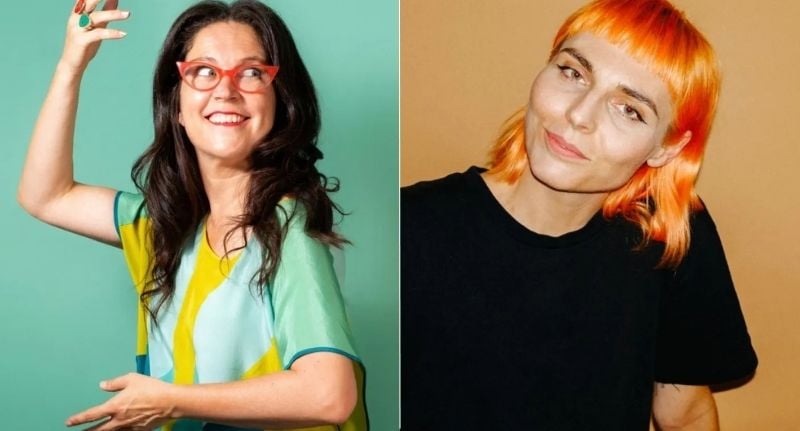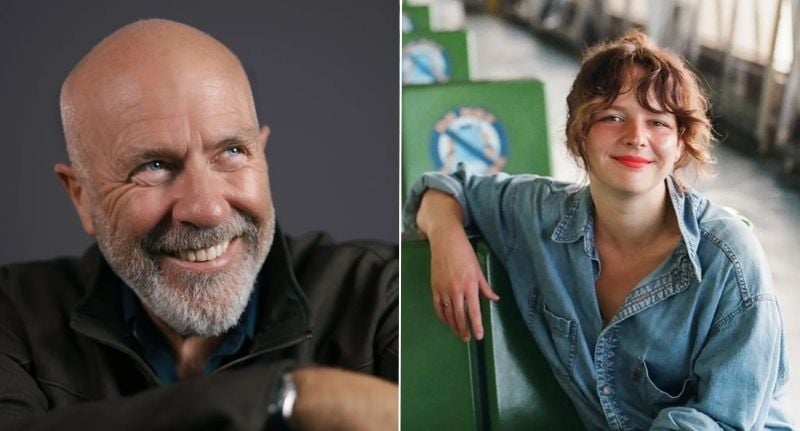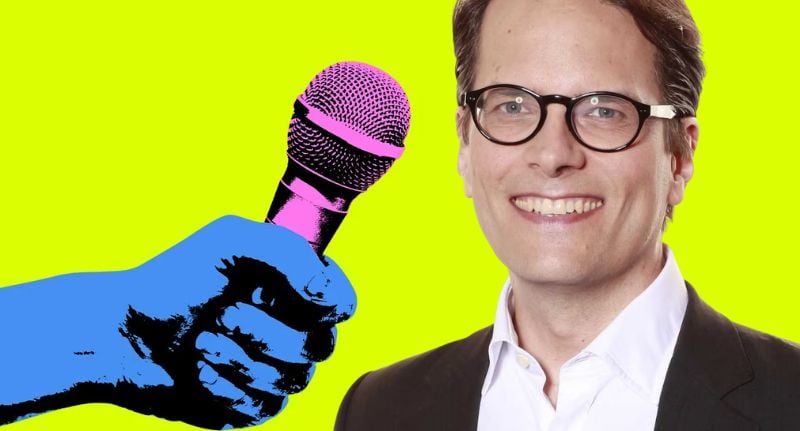Chip Rolley is on a mission. A cultural mission, to be precise – one he hopes will reignite the public’s love for storytelling.
Curious? Funny that.
To achieve his vision, Rolley, who is the Opera House’s Head of Talks and Ideas, has teamed up with Pop Up Magazine founder Douglas McGray to bring Live Journalism to life.
Their new event, Curious, will introduce McGray’s signature “live magazine” format to Australian audiences for the first time.
A cultural reckoning
Rolley described the concept to Mediaweek as a “deep dive into our culture,” arguing that much of the craft once central to storytelling has been eroded by media concentration, shrinking resources, and the algorithm-driven feed.
The result? A public conditioned to skim, “barely surviving the idea that we can’t really process more than a tweet.”
For Rolley and his collaborators, the show is designed as an antidote. It insists on time, texture and care.
“Storytelling is one of the key things that make us human and make us different,” he said.

Annabel Crabb and Ange Lavoipierre
The concept
The event is built around four tightly curated elements, all anchored by journalist Annabelle Crabb. First up is a live-premiered essay from Australian writer Richard Flanagan.
Then comes a news-driven interview led by Crabb, with the guest to be revealed closer to the date.
The other centrepieces are two handcrafted radio stories from technology journalist Ange Lavoipierre and audio producer Rachael Cusick – but these aren’t just recordings. They’ll be performed live, with every cut to tape, interview grab, sound effect and music cue triggered on stage in real time.
A sound engineer will be part of the performance, syncing audio to voice in a way that blurs the line between journalism and theatre.
The aim is a sound-rich experience: stories delivered with intimacy, wit and tension, heightened by the thrill of being in the room.
Sharks, mystics and the unknown
The stories themselves cut deep.
One takes on the great white shark, Australia’s most iconic predator, as a lens for fear.
“It’s all turning into this really thoughtful look at confronting your fears and investigating your fears and using the shark as a way to do that. And then understanding the evolution of that great animal and what we could possibly learn from it,” Rolley explained.
The other explores the explosion of mysticism – tarot, astrology, witchcraft – and asks why so many are turning to these practices now. It digs into belief, skepticism and the psychology of faith, while reflecting the “end times” mood hanging over the moment.
Both pieces are designed to pull the audience into a journey: part investigation, part confession, part cultural x-ray.

Richard Flanagan and Rachael Cusick.
Why it’s called Curious
At its core, the festival is about reigniting curiosity.
“It’s like harnessing this format, which we feel like we’re losing, to grab people in a different way, to engage with them in a different way, to get them to look anew at the world around them, and not to give up on that curiosity, which is why we call the festival Curious,” Rolley said.
The idea is to shake people out of passive consumption and push them to connect the dots – to see how the forces shaping politics, science and culture are also reshaping our homes, our friendships, and our daily lives.
